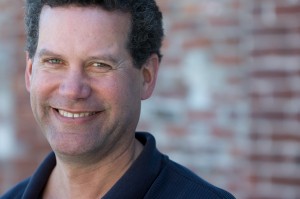 Chris Benfey described the pot as though it were an old friend. Made of red clay and with a type of glaze known as tobacco spit, the jug sat in his grandparent’s hallway next to the big, black telephone. At the top of the swooping handle was an indent where the potter had pressed his thumb like a signature.
Chris Benfey described the pot as though it were an old friend. Made of red clay and with a type of glaze known as tobacco spit, the jug sat in his grandparent’s hallway next to the big, black telephone. At the top of the swooping handle was an indent where the potter had pressed his thumb like a signature.
To write his memoir, Red Brick, Black Mountain, White Clay, Benfey surrounded himself with such objects. The purpose, he said, was to ground his pockets of misty memories in reality.
“For this particular book, it was very important for me to have a world objects around me,” Benfey told his Dodge Room audience on November 8. “Doing a memoir is always about getting lost in the self—and objects keep you honest.”
Benfey, the fourth and final author in the 2012 Writers’ Workshop Series, said that it was almost impossible for him to separate out his two loves of literature and pottery. Those dual interests became more pronounced during his years at the Putney School, where they were reinforced by quirky professors and equally eccentric classes.
“There were two things I really cared about at Putney,” Benfey said. “One was pottery and one was poetry.”
Benfey was also inspired by people: his English teacher—who would threaten to dance on a table in pink tights if his students didn’t pay attention—was one; Potter Dave, an Edgefield slave in the 19th century who inscribed two-line poems on his enormous stoneware pots, was another.
It was Dave’s “short, decisive, enigmatic poems like lightening bolts in the night sky” that inspired Benfey as he was writing his latest book, he said. But while a poem could be a flash of lightening, a truer metaphor for memoir writing came from fishing.
“You have something on the line or you don’t,” Benfey said of the process. “And you hope when you write a book that you have something big on the line.”
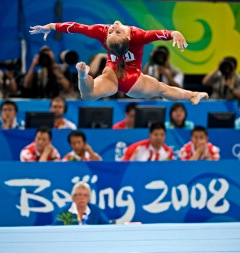 Sports photographer Ron Wyatt will present the next in Williston Northampton School’s ongoing lecture series on Thursday, April 11, at 6:30 p.m. in the Dodge Room, Reed Campus Center. The event is free and open to the public.
Sports photographer Ron Wyatt will present the next in Williston Northampton School’s ongoing lecture series on Thursday, April 11, at 6:30 p.m. in the Dodge Room, Reed Campus Center. The event is free and open to the public.


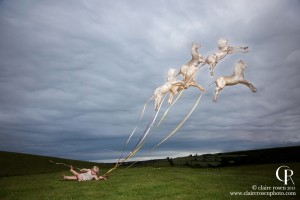

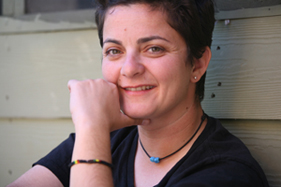

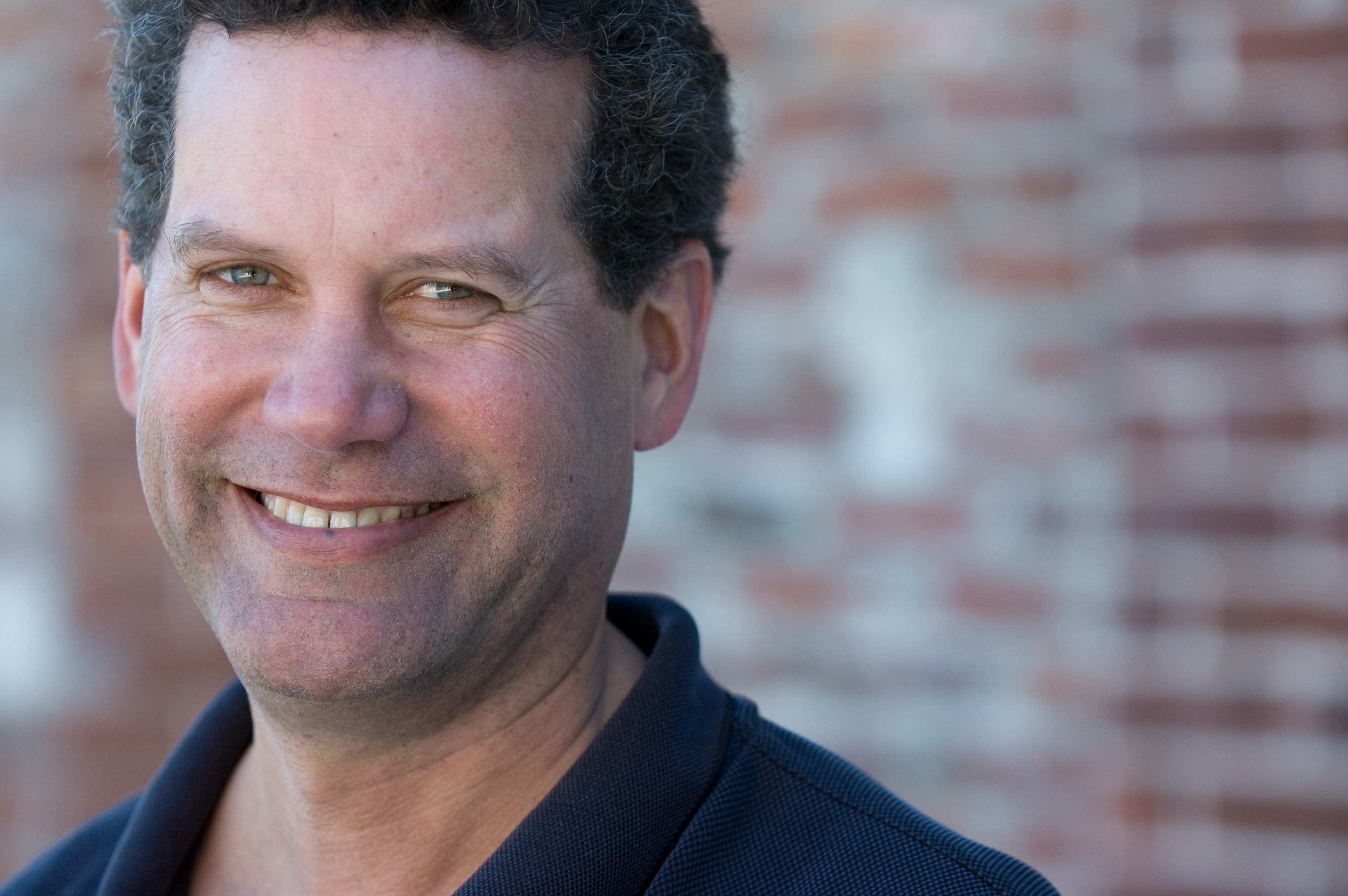
 Chris Benfey described the pot as though it were an old friend. Made of red clay and with a type of glaze known as tobacco spit, the jug sat in his grandparent’s hallway next to the big, black telephone. At the top of the swooping handle was an indent where the potter had pressed his thumb like a signature.
Chris Benfey described the pot as though it were an old friend. Made of red clay and with a type of glaze known as tobacco spit, the jug sat in his grandparent’s hallway next to the big, black telephone. At the top of the swooping handle was an indent where the potter had pressed his thumb like a signature.